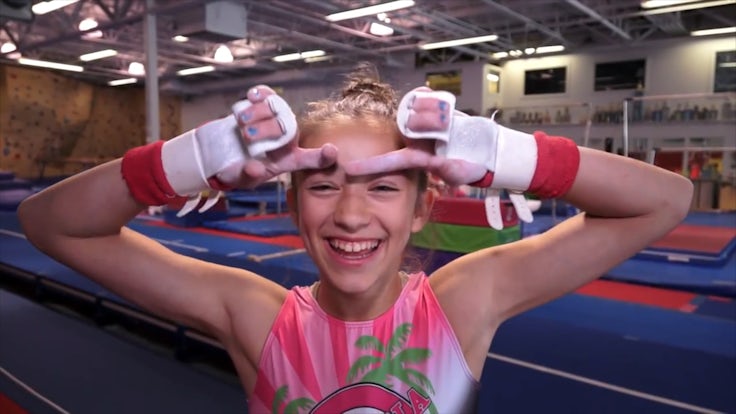Unilever issues rallying cry to the marketing industry to ‘unstereotype’ gender portrayals
Unilever admits marketing industry has been gripped by “inertia” in how it portrays men, women and families and is still succumbing to outdated stereotypes that are negatively impacting both society and business results.

Research conducted by Unilever over the past three years found that 40% of women when asked about advertising said they don’t recognise themselves in the ads they see. And in an analysis of ads across a range of countries and brands it found that 50% of ads showed a negative or “not progressive” stereotype of women and just 3% showed clever or funny women.
Aline Santos, EVP of global marketing at Unilever, admitted Unilever has been as guilty of this as any brand but that it will now look to ensure its brands are treating everyone equally.
“This is something we really want to pay attention to. There are some funny stereotypes in advertising, women are always very nice, smiling, cleaning the house. Women are much more than that. There is a disconnect between where women are and how they are portrayed in advertising.
“And this is not only about women. Our intention is to say enough with stereotypes. Our intention is to think about communication in a way that unstereotypes people, that doesn’t identify people by gender but by treating them like a person.”
Unilever has started this journey with some of its brands. Dove for example, has been looking at ways to unstereotype beauty for almost 15 years while the Lynx rebrand earlier this year was aimed at portraying men in a progressive way.
Its food brands have also started to undergo this transformation. Knorr, for example, is now focusing its marketing on its #loveatfirstsight campaign which talks about people’s love of food rather than showing women in the kitchen cooking a meal for the family.
Unilever will focus its efforts on three main areas: role, personalities and appearance. And to instil this new direction across the company Santos held an event at its head office in London to explain the move, with a film being sent out to all employees.
It has also put together 10 questions marketers should think about before writing a brief and Unilever’s agencies should think about before coming up with creative ideas. These include whether a specific insight is really dependent on gender and what role the main character will play.
“Sometimes insight is gender neutral. If the insight is about passion for food does it need to feature a housewife cooking? We are asking questions that are going to make creatives, strategists and marketers think about this issue.
“We need to break the inertia.”
Aline Santos, EVP global marketing, Unilever
Unilever is also talking to other brands about the issue with the aim of inspiring the industry as a whole to change. It is also not the first brand to spot the issue, with Procter & Gamble recently launching a campaign to ‘unstereotype’ emojis.
Santos believes there is a societal need for this, but also that companies will see business results by producing more relevant marketing.
“There is a moral issue but a business issue as well. There is an opportunity for us to do good and do good business at the same time,” she said.







